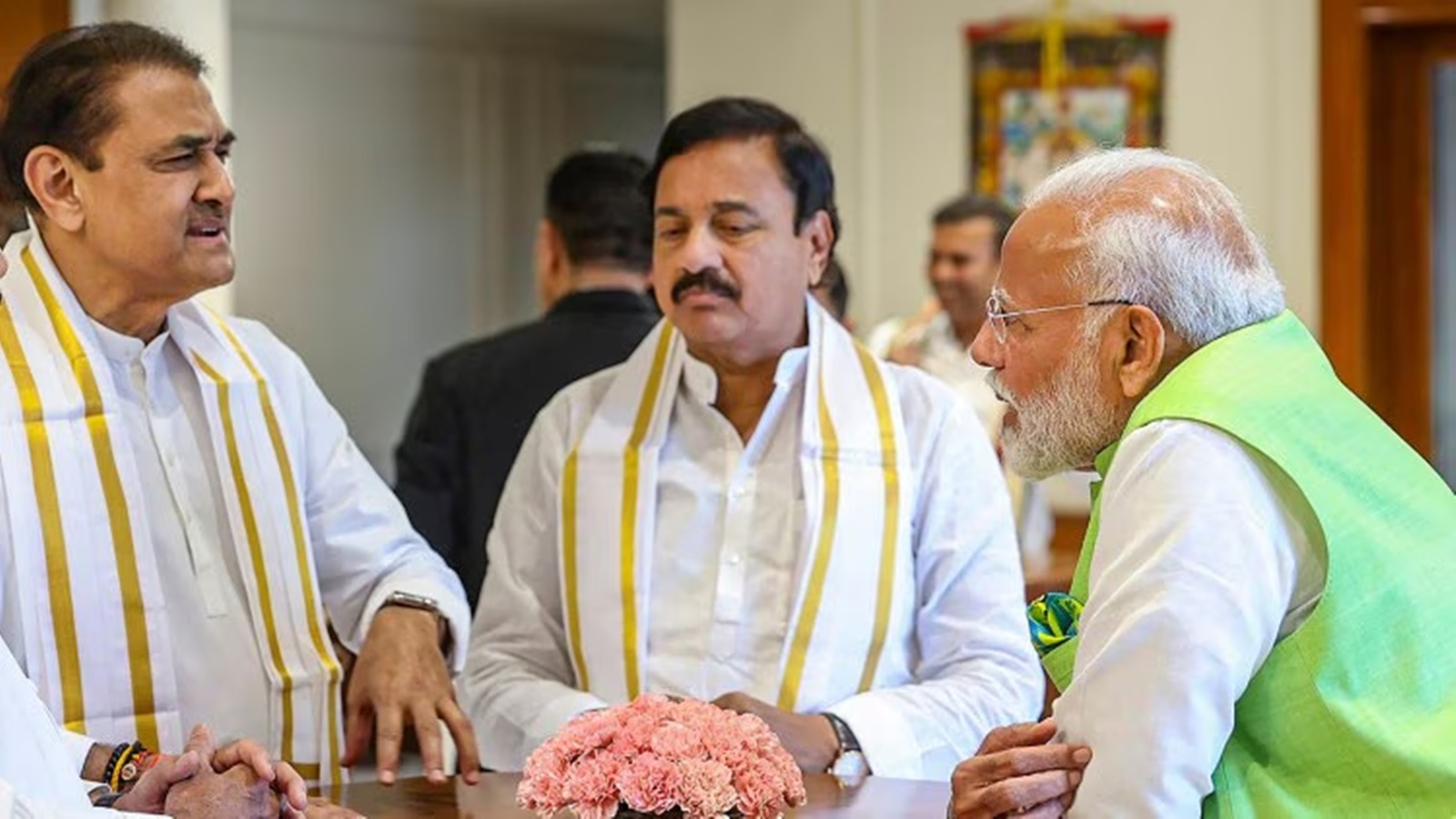 |
|
The Nationalist Congress Party (NCP), led by Ajit Pawar, was offered a Minister of State (MoS) with independent charge post in the new Narendra Modi government at the Centre. However, the party declined the offer as it was keen on a cabinet rank post.
NCP proposed the name of senior leader and former Union minister Praful Patel for a cabinet berth. Patel, a senior politician who has served as a cabinet minister in the past, reportedly expressed his unwillingness to accept an MoS post, which he considered a demotion.
Ajit Pawar conveyed that the NCP was willing to wait till the next cabinet expansion for a cabinet minister position. The BJP leadership reportedly agreed to consider their request.
The NCP's decision to decline the MoS post highlights the party's ambitions and its desire to play a more significant role in the central government. It also reflects the ongoing negotiations and bargaining between political parties as they seek to secure key positions in the new government.
The formation of the new Modi government is a complex process involving multiple stakeholders and considerations. Regional representation, party dynamics, and individual aspirations all play a role in shaping the final composition of the cabinet.
In the case of Maharashtra, there is a diverse range of political parties and leaders vying for representation in the central government. The BJP, NCP, Shiv Sena, and Republican Party of India (A) are among the key players in the state.
The inclusion of leaders like Nitin Gadkari, Piyush Goyal, Ramdas Athawale, and Prataprao Jadhav in the cabinet reflects the BJP's efforts to balance regional and political interests.
However, the exclusion of leaders from certain regions, such as Marathwada, highlights the challenges of ensuring comprehensive representation in a diverse country like India.
The cabinet formation process is an ongoing one, and it is likely that further changes and adjustments will be made in the future. As political parties continue to negotiate and seek to maximize their influence, the composition of the government may evolve over time.
The formation of the Modi government is a significant political event that will have implications for the governance and policy direction of the country. The inclusion and exclusion of various leaders and parties reflect the complex dynamics of Indian politics and the challenges of balancing regional, party, and individual interests.
Source: Ajit Pawar-led NCP was offered MoS post but wanted Cabinet berth: Devendra Fadnavis
